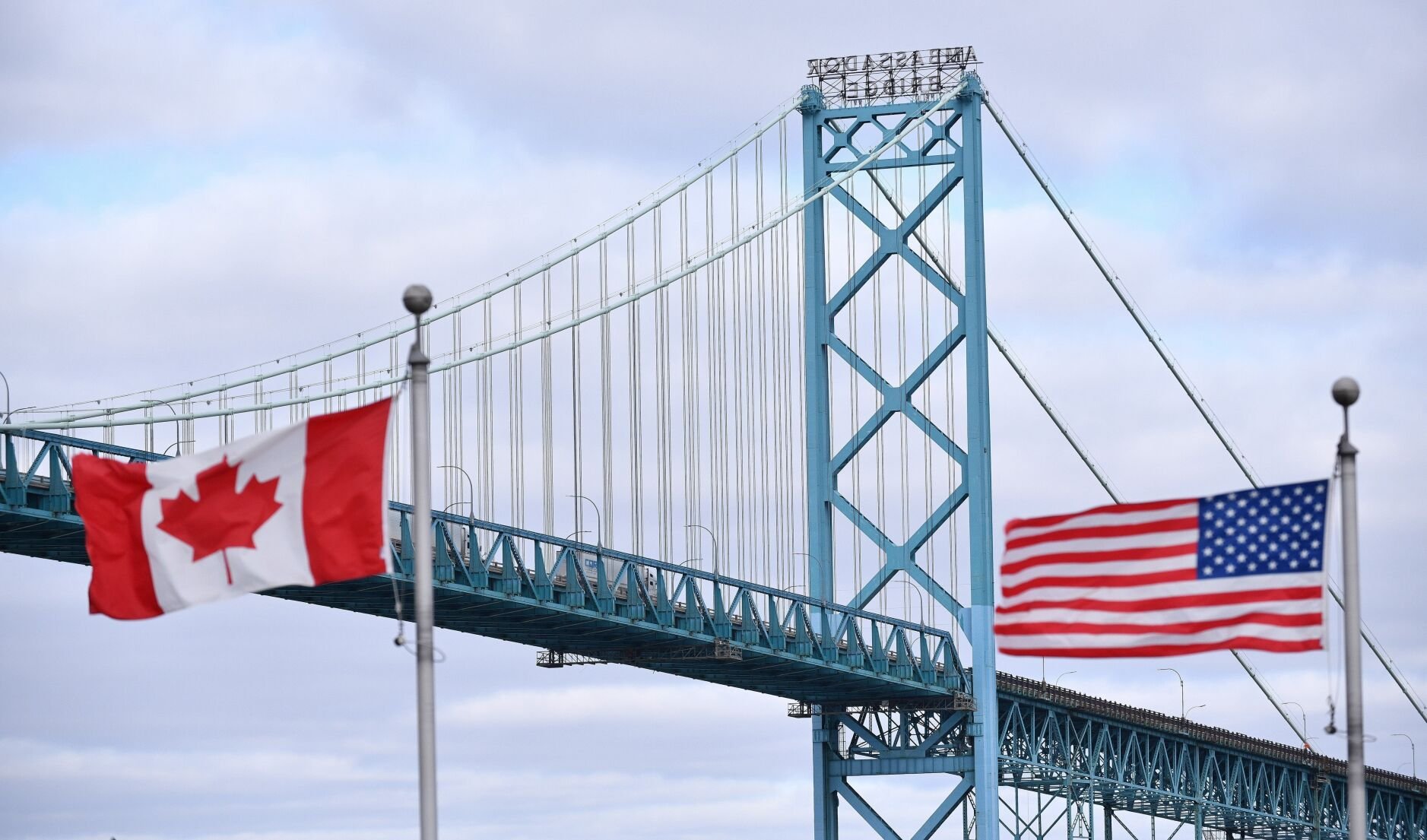Last weekend at a Nashville museum, a member of the “Daughters of the Confederacy” society, which minimizes slavery’s brutality, handed me an application. When I mentioned I was Canadian, she leaned in, her face brightening with what she clearly thought was reassurance:╠ř
“Don’t you worry, sweetheart. Y’all gonna be one of us real soon.ÔÇŁ
This breezy assumption ÔÇö that I’d welcome American annexation and membership in a group whitewashing Confederate history ÔÇö revealed both ignorance and threat: Americans who donÔÇÖt understand Canadian values paired with the assumption of AmericaÔÇÖs inevitable expansion.
It also convinced me that Canadians boycotting travel to the U.S. isn’t an answer to our relationship woes. ItÔÇÖs counterproductive.
DonÔÇÖt get me wrong. I am glad to see Canada resisting President Donald Trump, whose dishonesty, social division and cruelty represent an unprecedented danger to democracy and human rights in North America. The more than 30 per cent to the United States this year, as Canadians choose to vacation elsewhere, sends a powerful signal of disapproval.
But distancing ourselves from Americans over the long term could inadvertently strengthen Trump’s influence. Protesting with absence blocks the free exchange of ideas that liberal democracies need.
Trump’s attacks on media mean Americans are seeing fewer opposing ideas. As trusted news sources are labelled “fake,” many Americans retreat to information bubbles that merely reinforce existing beliefs.
Without meaningful interactions with Canadians, Americans lose another valuable perspective. If we don’t discuss the importance of free trade, democratic values, and international rules, Americans might forget why these principles matter. When they don’t experience our friendship firsthand, they become vulnerable to misconceptions about who we really are.
Canadians made almost half a million fewer monthly car trips to the United States in March than during the same month last year. That adds up to millions of fewer conversations with grocery store clerks, waiters, taxi drivers, fellow tourists and friends each month. And it is not just a one-way street. Americans are fewer monthly trips to visit us too.
American ignorance of Canada and the rest of the world is not new. In the 1980s when I travelled to Cape Cod, Massachusetts, with my parents, I remember finding a note on our rusty Buick station wagon that read: ÔÇťCanadians Go Home.ÔÇŁ
In those days, Americans were less used to Canadians than they are now. had passports to travel outside the country. President George Bush Sr. is said to have made his first trip to Canada only when he became President in 1989, despite spending summers at his family estate in Kennebunkport, Maine, just a few hundred miles from the Canadian border.
When Bush came to Ottawa on a frigid February day in 1989, his visit was designed to bolster the newly implemented Canada-United States Free Trade Agreement (CUSFTA), one of the first modern, comprehensive free trade agreements in the world. But it also symbolized the growing importance that the United States was placing on its relationship with Canada.
ÔÇťWe’re each other’s largest trading partners.ÔÇŁ Bush said. ÔÇťWe are friends. We share a long, peaceful border, and we have many common interests,ÔÇŁ Then he joked:
“It’s colder than hell.”
Despite his harsh weather report, the number of Americans who travel annually to Canada has doubled since BushÔÇÖs first visit. Americans have become more interested in other countries outside their borders too. Today almost half of Americans hold a passport for international travel.
I’ll never know if that Nashville Daughter of the Confederacy shifted her views at all after meeting a real Canadian. Our eyes met briefly as I smiled and gently explained that Canadians value our independence and have no desire to become America’s 51st state.
She smiled back. Despite our profound differences, we connected as two human beings ÔÇö a brief reminder that understanding begins with conversation, not with retreat.
╠ř



























To join the conversation set a first and last name in your user profile.
Sign in or register for free to join the Conversation